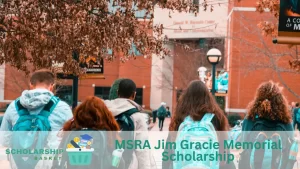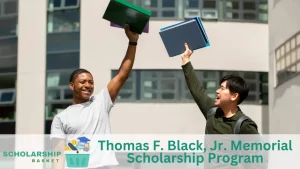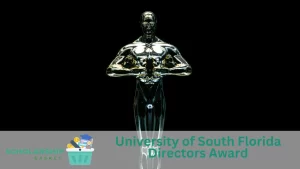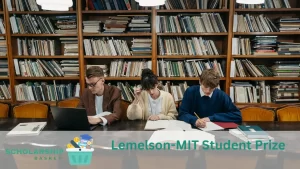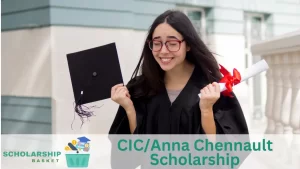Graduate students pursuing archaeology or ethnoarchaeology research in the South American Andes or the American Southwest can apply for the Matthew Tobin Cappetta Archaeological Scholarship. Students conducting study in other American regions, whether they are citizens of the United States or not, will be given consideration if they interact closely with Native Americans. The fellowship pays for graduate-level classroom and field-based anthropological courses with a focus on archaeology or ethnoarchaeology in addition to tuition, course fees, and textbooks.
Archaeologist Matthew Tobin Cappetta worked with Native American tribes on archaeological sites for ten years in the American Southwest. He inspired others to have confidence in him and to laugh. Before his unfortunate passing in 2019, Matthew hoped to pursue graduate studies to gain additional archaeology training.

